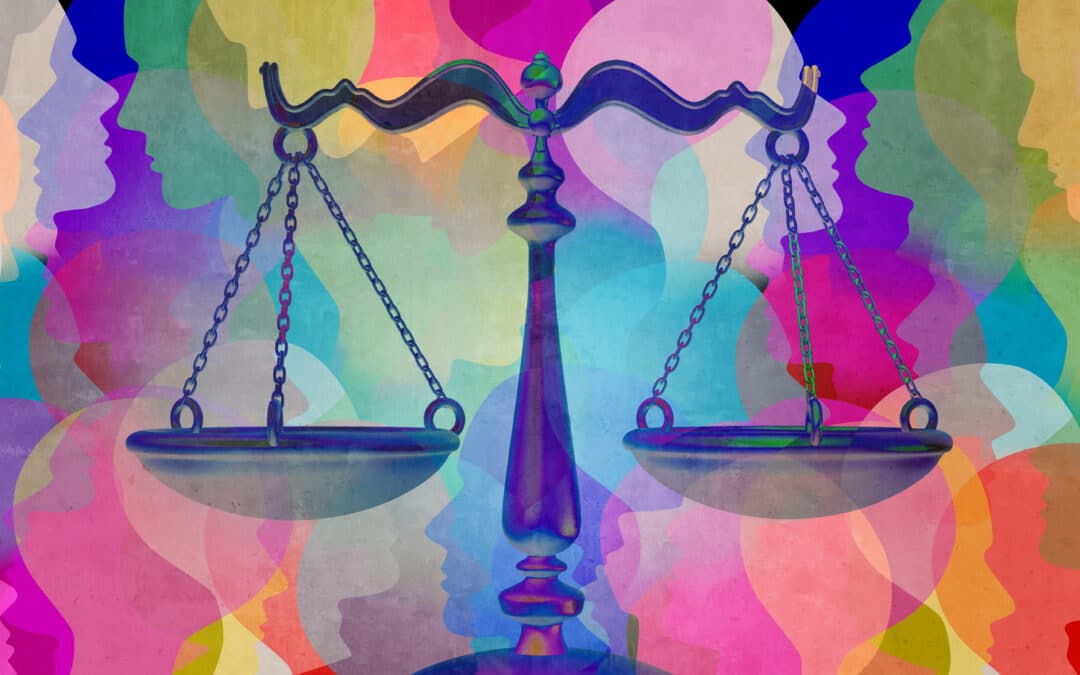Share this Post
The first article of the Universal Declaration of Human Rights begins by saying “We are all born free and equal in dignity and rights.” Beautiful words but what exactly is meant by ‘equal’? There are a few definitions for the word ‘equal’ so to find out, I decided to research what the main architect of the document, Mrs. Eleanor Roosevelt, may have meant. What was the context in which the word was being used?
In one of her most famous quotes on human rights, Mrs. Roosevelt said:
“Where, after all, do universal human rights begin? In small places close to home, so close and so small that they cannot be seen on any map of the world. Yet they are the world of the individual person: the neighborhood he lives in; the school or college he attends; the factory, farm or office where he works. Such are the places where every man, woman and child seeks equal justice, equal opportunity, equal dignity without discrimination.”
Right there Mrs. Roosevelt spells out what is meant by ‘equal’. I think most people would agree that ALL people should be equal before the law, have equal opportunities for work and education and all people are worthy of honor and respect without discrimination. The definition of ‘equal’ in this context is without discrimination; unprejudiced; impartial. One person is not better than another because of the color of their skin or the religion they profess, or gender, or age, etc.
What it does not mean in this regard is all are equal (definition being same measure, quality or amount) in abilities, purposes, talent or personality as there are observable differences between people in these areas.
In the second article of the UDHR, the writers and UN General Assembly reinforce that “Everyone is entitled to all the rights and freedoms set forth in this Declaration, without distinction of any kind, such as race, colour, sex, language, religion, political or other opinion, national or social origin, property, birth or other status.”
If we feel the need to make a judgment on others, let’s judge their actions and contributions as that is the only true determinant of who they are. Are they mostly helping or harming? Do they usually lift people up or bring people down?
There is another quote by Mrs. Roosevelt that sums up this topic exquisitely:
“The important thing is neither your nationality nor the religion you professed, but how your faith translated itself in your life.”

